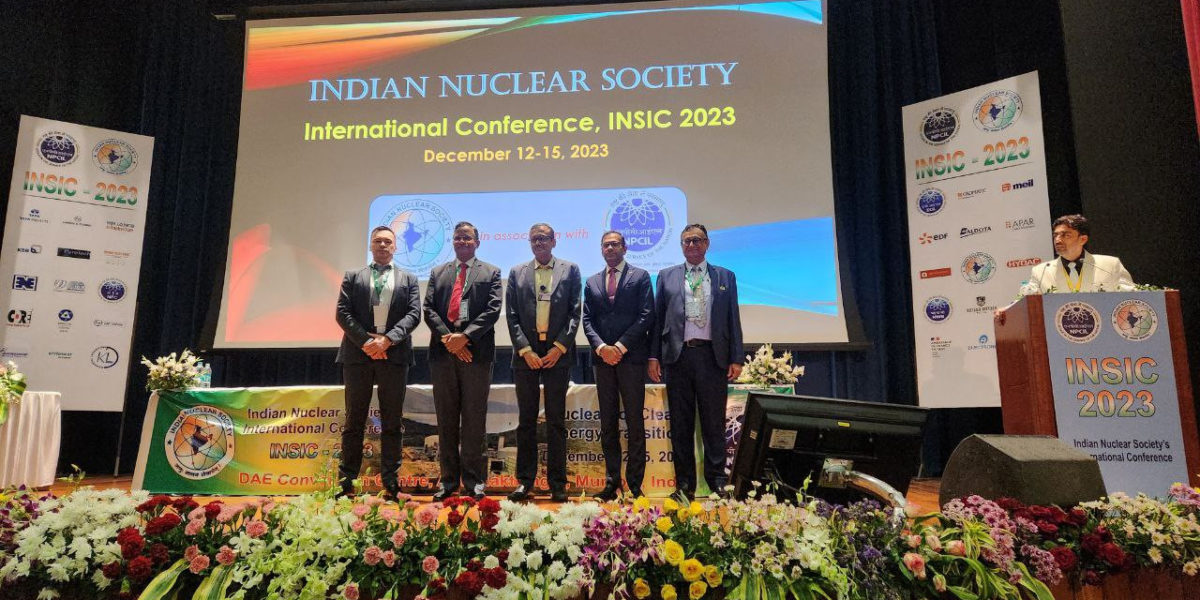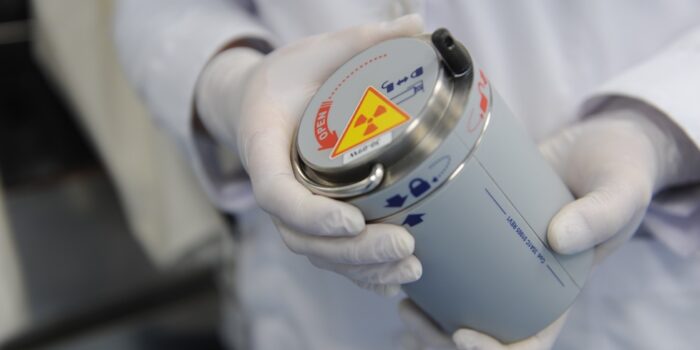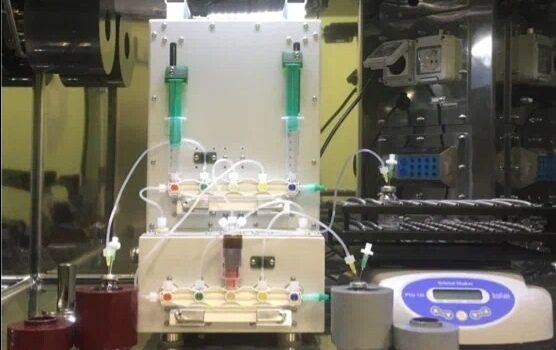Rosatom took part in India’s biggest nuclear energy conference INSIC-2023, which ended in Mumbai on December 15. The event was organized jointly by the Nuclear Power Corporation of India Limited (NPCIL) and the Indian Nuclear Society (INS).
The conference brought together more than 450 representatives of 30 key government agencies and private companies operating in the nuclear industry.
The conference focused on the need to increase the share of nuclear energy in India’s energy mix to achieve carbon neutrality goals. India has set an ambitious target of reducing CO2 emissions by 50% by 2030 and achieving carbon neutrality by 2070. Nuclear power is to be an important element of this transition, replacing aging thermal power plants. Seven power units intended for large NPPs are currently under construction in India.
“We are convinced that nuclear energy is the basis of the low-carbon mix, and small nuclear generation, as one of the reliable technological solutions, will take its rightful place in the nuclear energy of the future along with large plants,” said Alexander Volgin, Project Director at Rosatom in his speech on Russian solutions in the field of small nuclear power plants (SNPP).
The most important part of the large-scale development of Indian nuclear energy is the timely creation of a spent nuclear fuel (SNF) management system. Russian technologies can facilitate the nuclear material recycling as well as the diversification of the national resource base.
“We invite our partners to organize the process based on a ‘balanced nuclear fuel cycle’ which makes it possible to recycle valuable resources, reduce waste generation as well as waste radiotoxicity. This is our safe and cost-effective solution to the issue of spent nuclear fuel management based on the sustainable development principles,” said Elena Artemova, Deputy Director General Back End at Techsnabexport JSC.

The conference program also included a panel discussion about reduction of costs and timelines for nuclear energy development. Representatives of NPCIL, National Thermal Power Agency NTPC limited, Rosatom, Larsen & Toubro, and EDF debated the issue.
Reference
India is a long-standing and reliable strategic partner of Russia. The flagship project of Indian-Russian technological and energy cooperation is the Kudankulam NPP, a nuclear power plant with VVER-1000 power units in the state of Tamil Nadu, the south of India. The construction of the Kudankulam NPP involves the erection of six power units with reactors of VVER-1000 type with an installed capacity of 6000 MW. Power units 1 and 2 of the first stage were connected to the national electricity grid of India in 2013 and 2016, respectively. The equipment supplies have been almost completed and construction and installation is underway at units 3 and 4, at the same time the construction of two power units of the third stage is also in progress.
SNPPs represent one of the most promising areas of the nuclear industry, all key players work out their own solutions based on small modular reactor technologies. These solutions are to make possible uninterrupted supplies of clean electricity and heat to remote, island territories, as well as support for the development of promising fields. Rosatom has reference technologies for the construction of both ground-based and offshore small plants. With its small power projects Rosatom offer a reliable source of electricity with a long-term predictable tariff for consumers. This makes SNPP technologies demanded by large industrial consumers with a responsible approach to the choice of energy supply sources for their manufacturing facilities and territories of presence.





